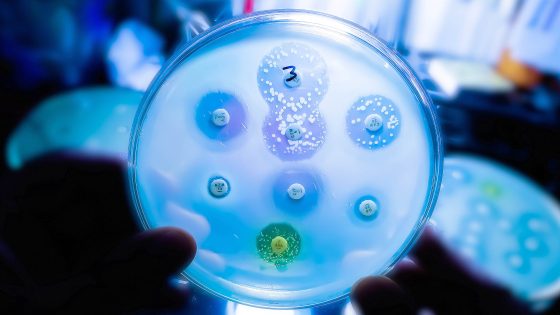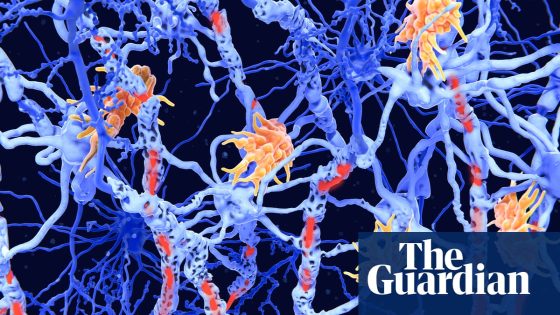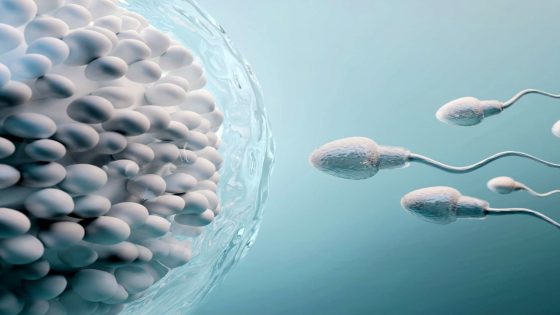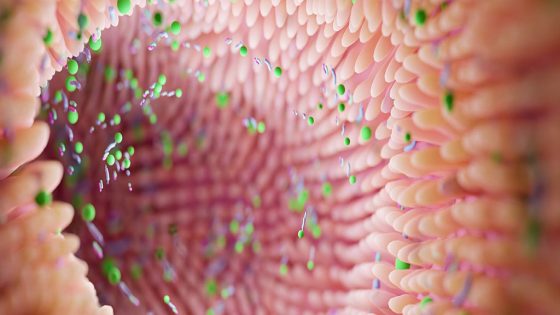Recent research has unveiled a concerning link between hospital infections and the materials used in medical devices. Scientists discovered that a notorious hospital bacterium can digest the very plastics used in sutures, stents, and surgical mesh. This revelation, published on 2025-05-14 17:39:00, challenges the belief that clinical polymers are immune to microbial attack.
- Hospital bacterium digests surgical plastics.
- Enzyme Pap1 reduces PCL film significantly.
- Plastic enhances bacterial biofilm defenses.
- Other bacteria may also digest plastics.
- Need for redesigning safer medical polymers.
- Rethink hospital surveillance for pathogens.
The study from Brunel University London highlights how this bacterium, through a specific enzyme named Pap1, can dismantle polycaprolactone (PCL), a common biodegradable plastic in modern medicine. This process not only provides the bacteria with nourishment but also strengthens their defenses, complicating treatment options for infections.
This finding raises critical questions about how we manage hospital environments. Could the very materials designed to aid healing be contributing to persistent infections? To mitigate risks, consider these recommendations:
- Advocate for the development of plastics that resist microbial degradation.
- Encourage hospitals to implement stringent cleaning protocols focused on plastic surfaces.
- Stay informed about the latest advancements in medical device materials.
As we move forward, it’s crucial for healthcare professionals to rethink the materials used in medical devices. Innovations in polymer chemistry could lead to safer options, ultimately enhancing patient safety.
































